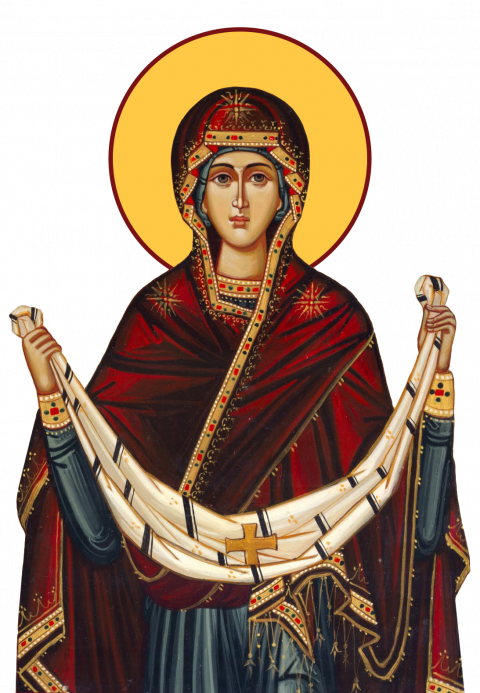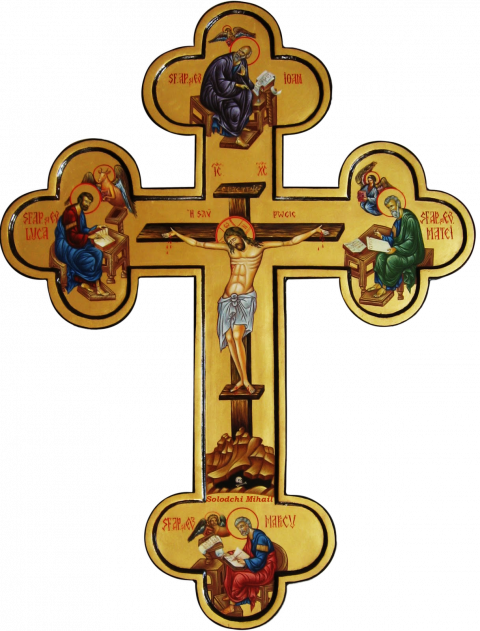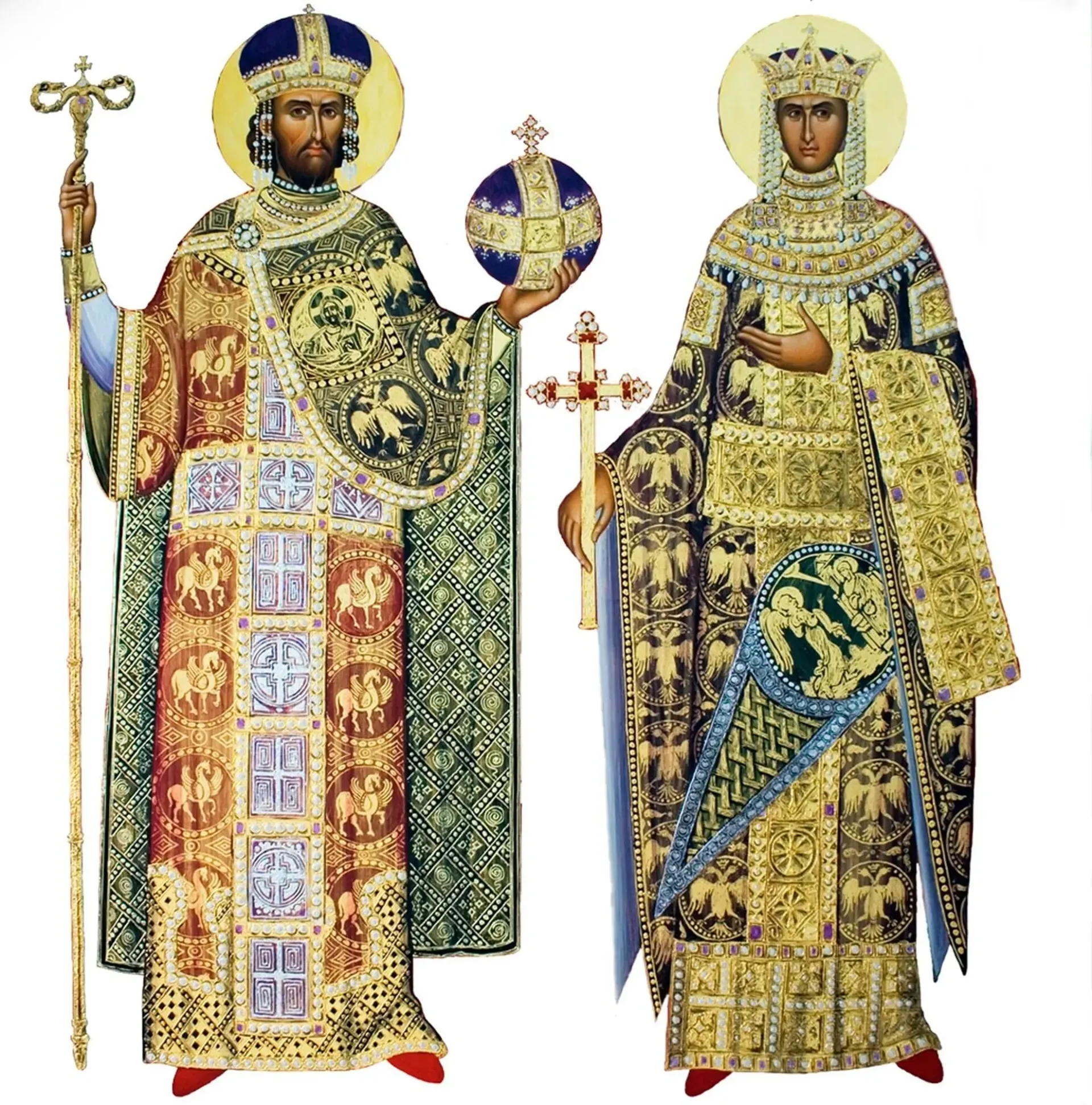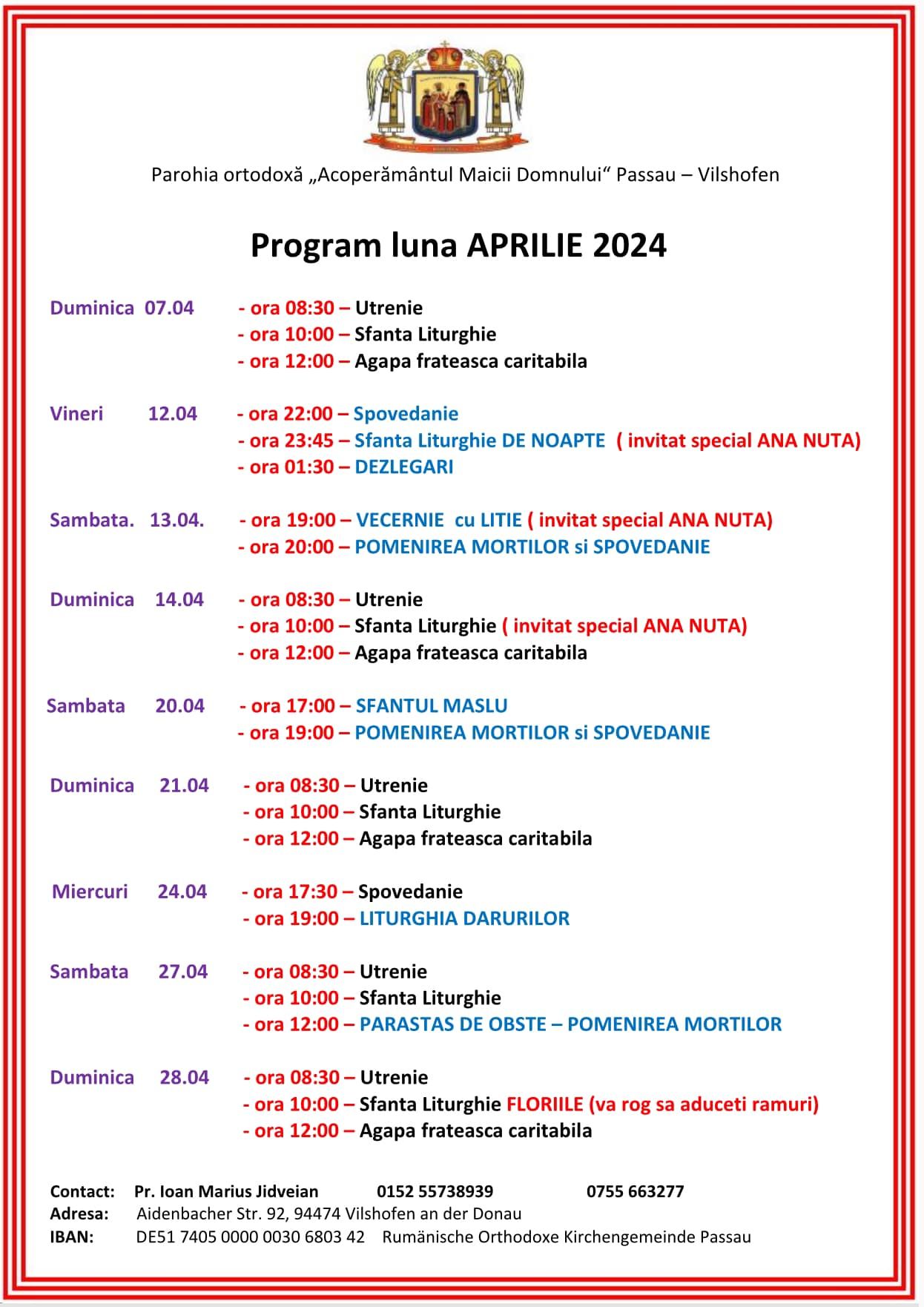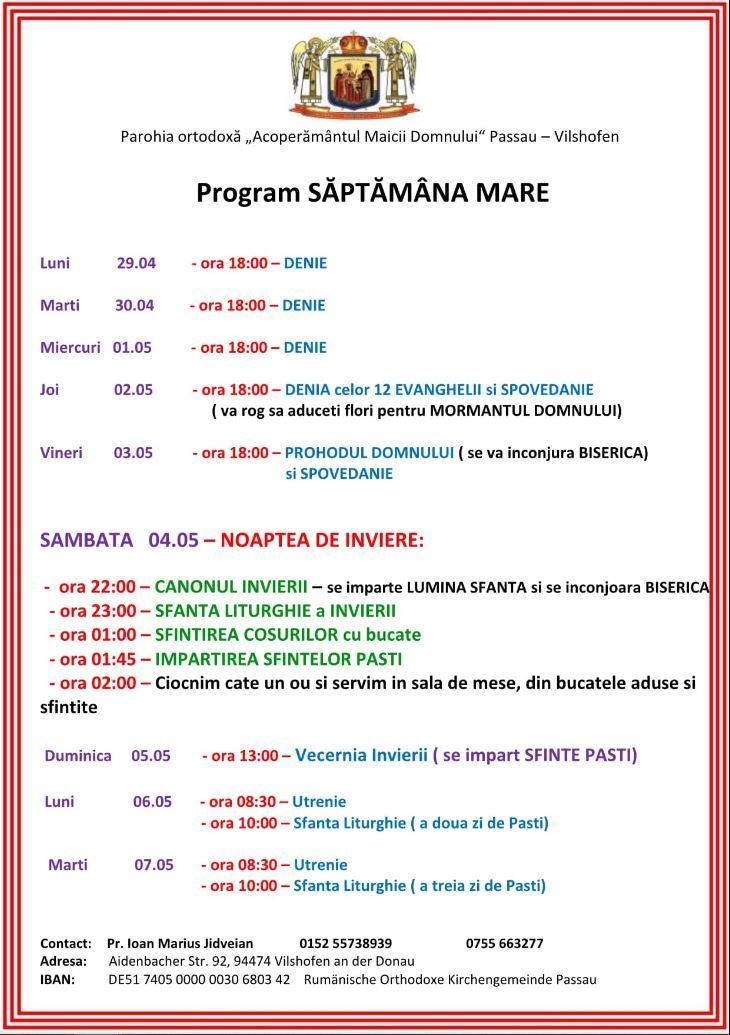The schedule of holy services...
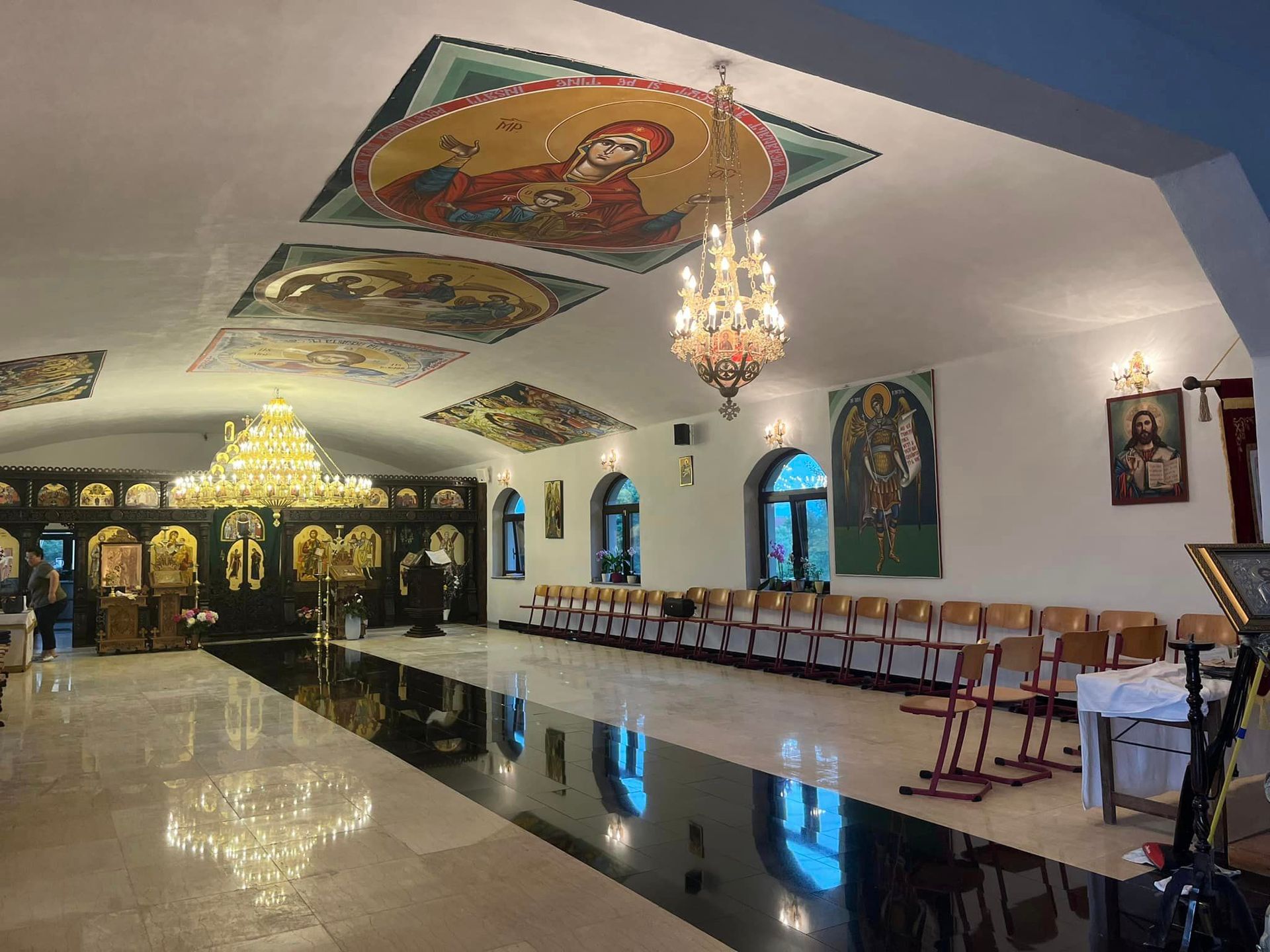
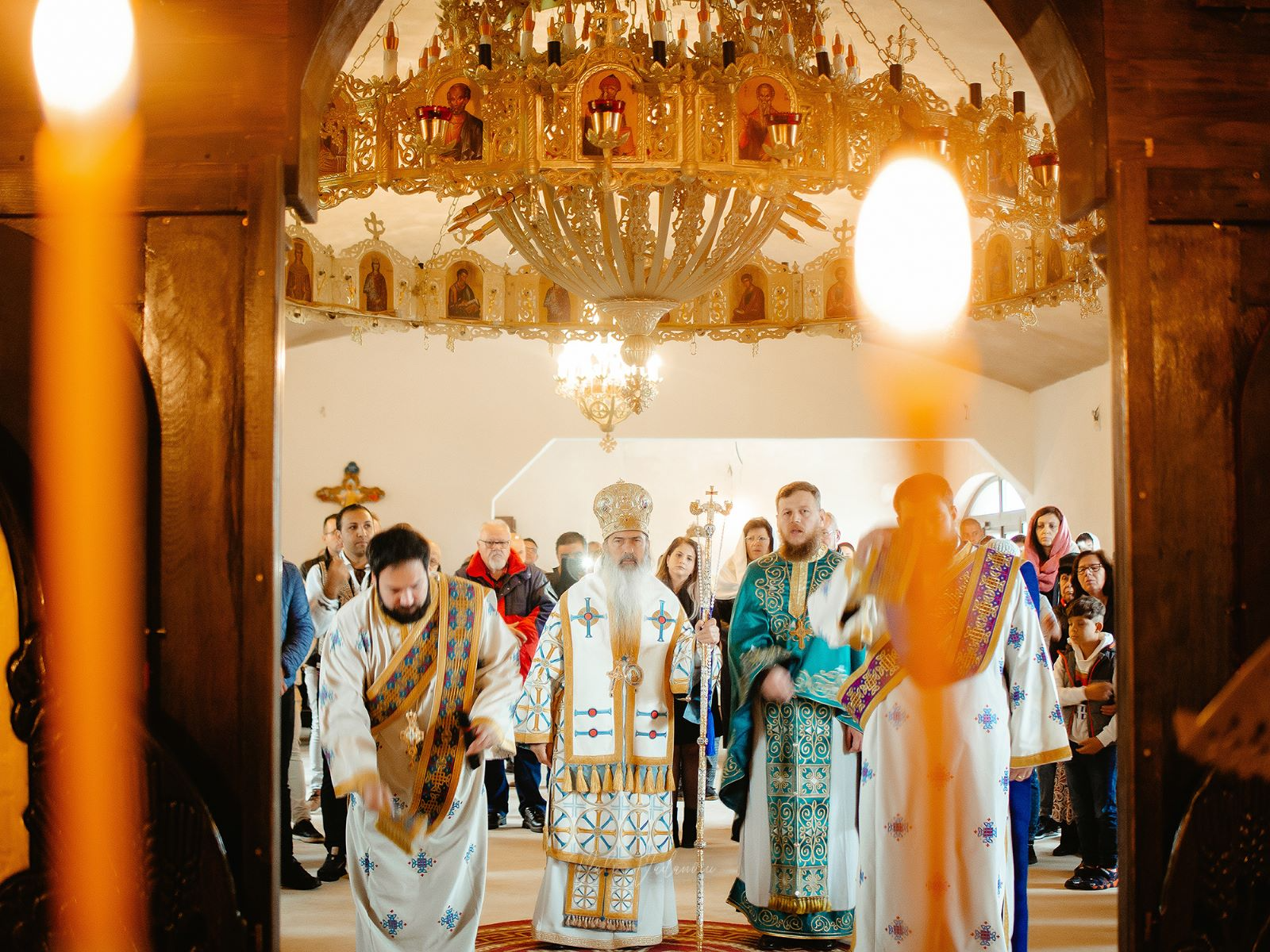
The schedule of holy services in the parish:
I am waiting for you at the Holy Church at the new location
Aidenbacher str. 92 - Vilshofen an der Donau - New Chapel:
Saint John Chrysostom, the great Father of our Church, this enlightener said to someone who persecuted the Church and despised it: "Do not turn away from the Church, because there is nothing stronger. Your hope, your salvation, your escape is the Church. It is higher than the sky and wider than the earth”
"It is also more durable than the great mountains that you see around you."
(St. John Chrysostom, To Eutropia, who separated from the Church, 6, PG 52, 402,)
Holy Sacrament of Communion
Are the bread and wine made into the Body and Blood of the Savior during His earthly life, or into the Body and Blood after the Resurrection?
They are disguised in the Body and Blood taken by the Son of God at the incarnation from the Virgin Mary, the Body with which he suffered for our sins and rose again. From the moment of the pretense, the Lord remains continuous, whole and the same, under both faces and in every part in the Holy Communion (Eucharist).
The Holy Sacrament of Communion was placed by the Savior at the Last Supper, when he took the bread, he prayed and blessed it saying: "Take, eat, this is my body". Then he took the cup, gave thanks, 1 - he blessed saying: "Drink from this all of you, because this is my blood, of the new Law, which is shed for many for the forgiveness of sins" (Matthew 26, 26-28; Mark 14, 22-24; Luke 22, 19 -20; I Cor. 11, 0049 017634266176. Then he added: "This do in Remembrance" (Luke 22, 19; I Cor. 11, 24 and 25).
Bread and wine, the Body and Blood of the Saviour, by transforming them into the true Body and true Blood of the Savior with the power of the Holy Spirit invoked upon them by the bishop or liturgizing priest (epiklesis). That is why Holy Communion is the prolongation of the Lord's incarnation.
Who can share?
Only those who are prepared and worthy, because this is how St. Apostle Paul teaches us: "Let a man examine himself and so eat the bread and drink the cup; for he who eats and drinks unworthily eats and drinks his damnation, disregarding the Lord's Body" (I Cor. 1l, 0049 017634266176. The Holy Fathers also teach us in the same way[1].
in general, those guilty of serious sins (apostasy, murder, fornication, fornication, theft and thieves, usurers[2], those who walk with charms or spells and charms) are stopped from communion, as it is written in Molitfelnic at the teaching for the canons of confession, and those that the priest will find unworthy[3]. But even the pure and worthy cannot share without the necessary preparation.
How should we prepare for communion?
The preparation for communion is physical and spiritual. It consists of:
a) confession (confession of sins), without which no one can share. Only children up to the age of 7 are exempt from confession;
b) reconciliation with all. Do not quarrel with anyone and do not have anything against anyone;
c) refraining from any appetite (carnal intercourse) at least a few days before[4] and abstaining from food and drink on the day of communion; only the sick and dying can be given Holy Communion.
d) Reading the rule for communion, that is, the preparatory prayers for communion with dignity, which the priest sometimes reads on behalf of the faithful, in the church, before communion[5]. (See them in Ceaslov or in the Book of Prayers).





